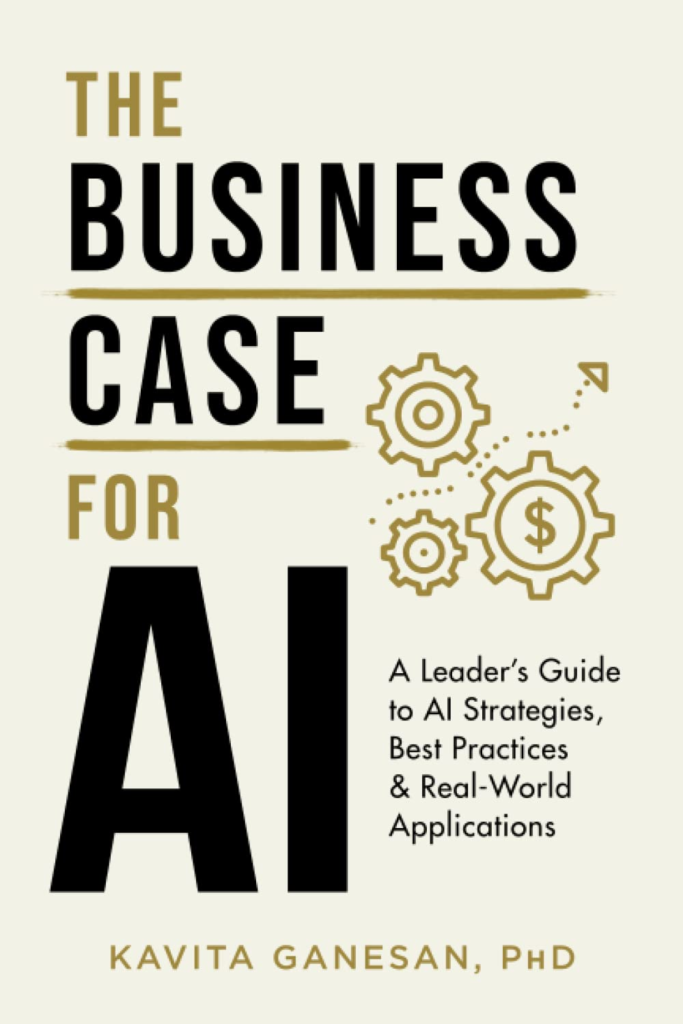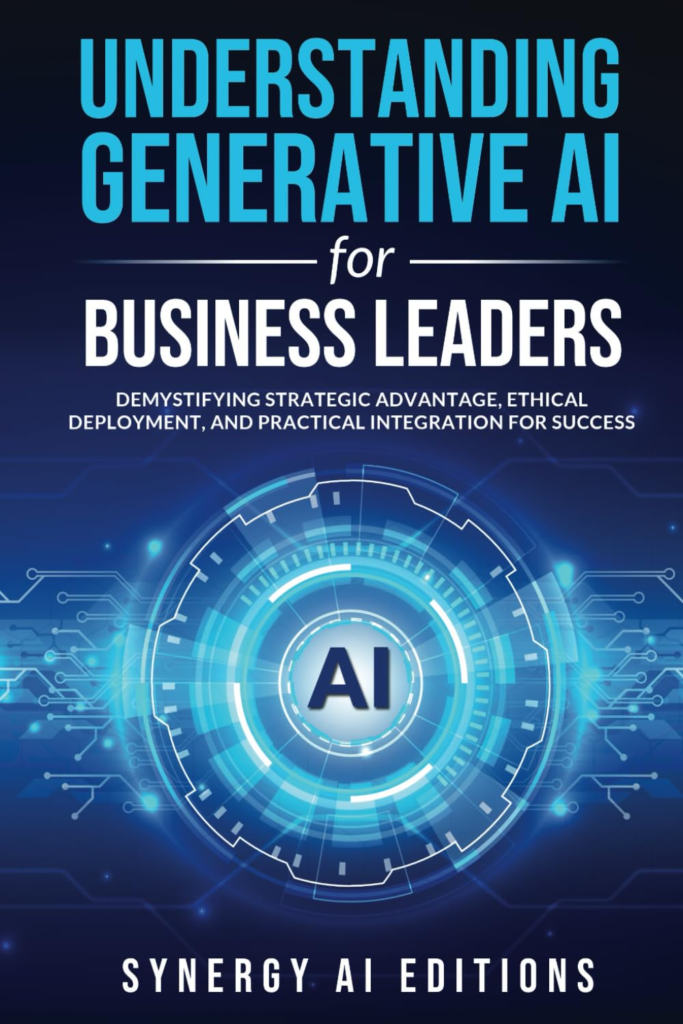Artificial Intelligence in Business
Artificial intelligence (AI) has emerged as a pivotal tool in the modern business landscape, fundamentally altering how organizations operate and make decisions. At its core, AI refers to the simulation of human intelligence processes by machines, specifically computer systems. These processes encompass a range of capabilities, including learning, reasoning, problem-solving, perception, and language understanding. The various forms of AI include machine learning, natural language processing, and robotics, each serving unique functions that can enhance business operations.
Machine learning, a subset of AI, enables systems to learn from data patterns and improve over time without being explicitly programmed for every scenario. This technology is widely applied in predictive analytics, which allows businesses to anticipate customer behavior and optimize inventory management. Natural language processing (NLP) facilitates better interaction between machines and humans by enabling machines to understand, interpret, and respond to human language. Companies are using NLP for chatbots and virtual assistants, improving customer service efficiency and engagement.
Robotics, another significant branch of AI, involves the use of automated systems for various tasks. These can range from manufacturing processes to logistics and supply chain management, where robots can handle repetitive tasks more efficiently than human labor. The integration of AI technologies into business operations not only enhances productivity but also contributes to substantial cost savings. For instance, automating routine tasks allows human employees to focus on more strategic initiatives that require creativity and critical thinking.
Moreover, the adoption of AI provides a competitive advantage. Companies leveraging AI can analyze vast amounts of data quickly, gaining insights that were previously unattainable. Through this technology, businesses can make informed decisions, innovate faster, and respond to market changes more efficiently. Overall, the transformative potential of artificial intelligence in business is undeniable, making it crucial for organizations to embrace this technological evolution.
(Purchase today by clicking on the image)
Enhancing Customer Experience with AI
Artificial Intelligence (AI) has emerged as a transformative tool in the business landscape, particularly in enhancing customer experience. One of the significant applications of AI in this domain is personalized marketing. By leveraging data analytics, businesses can gain insights into customer behavior, preferences, and purchasing patterns. This information enables companies to create tailored marketing strategies that resonate with individual customers, ultimately leading to increased engagement and conversion rates. With AI algorithms constantly analyzing data, marketing campaigns can be finely tuned to target specific demographics, ensuring that the right message reaches the right audience at the right time.
Another noteworthy application of AI in customer service is the implementation of chatbots. These AI-powered conversational agents are designed to address customer inquiries around the clock, providing immediate assistance without human intervention. Chatbots can answer frequently asked questions, resolve basic issues, and guide customers through various processes, enhancing overall efficiency. The availability of instant support not only boosts customer satisfaction but also allows human customer service representatives to focus on more complex queries that require a personal touch.
AI-driven recommendation systems exemplify yet another innovative way businesses enhance customer experience. By analyzing vast amounts of data, these systems suggest products or services that are likely to align with the customer’s interests. This not only streamlines the shopping experience but also boosts sales through increased cross-selling and upselling opportunities. As customers encounter personalized recommendations, they are more likely to feel valued and understood, further fostering brand loyalty.
In summary, the integration of AI in customer-oriented applications has made a significant impact on enhancing customer experience. By adopting personalized marketing strategies, utilizing chatbots for efficient customer service, and implementing AI-driven recommendation systems, businesses can predict and address customer needs effectively. This innovative approach not only leads to increased satisfaction but also cultivates long-term customer loyalty, serving as a vital component for success in today’s competitive market.
Streamlining Operations through AI Automation
Artificial Intelligence (AI) is playing an increasingly vital role in enhancing operational efficiencies across various sectors. One of the most significant advantages of AI automation is its ability to handle routine and repetitive tasks, thereby minimizing human error and freeing employees to engage in more strategic initiatives. This leads to a more effective utilization of human capital, allowing organizations to focus on innovation and growth.
In the realm of supply chain management, AI-driven tools can optimize logistics by predicting demand and adjusting inventory levels accordingly. For instance, algorithms analyze historical data to identify patterns and trends, which informs inventory stocking decisions. This not only prevents overstocking or stockouts but also streamlines the entire supply chain process, ultimately leading to significant cost reductions.
Inventory optimization is another critical area where AI can be substantially beneficial. Through advanced analytics, companies can monitor stock levels in real-time, facilitating just-in-time inventory practices. This approach minimizes carrying costs and reduces waste, aligning supply more closely with customer demand. Companies implementing these AI solutions have often reported marked improvements in inventory turnover rates, showcasing the direct impact of AI on operational efficiency.
Moreover, performance monitoring tools powered by AI can analyze vast amounts of operational data, enabling businesses to pinpoint bottlenecks and inefficiencies quickly. For instance, an AI system may track production line performance, identifying where machines are underperforming or where delays occur, allowing for timely interventions designed to enhance productivity. Real-world examples of such implementations have showcased measurable improvements in throughput and reductions in operational costs.
Thus, AI automation stands as a transformative force that streamlines operations, allowing businesses to achieve higher productivity and cost-effectiveness. The integration of AI tools not only enhances day-to-day activities but also prepares organizations for future challenges in an ever-evolving market landscape.
The Future of AI in Business: Challenges and Opportunities
The future of artificial intelligence in business is poised for significant transformation, as organizations seek to capitalize on its potential to drive innovation and efficiency. However, this evolution comes with its challenges, necessitating a balanced approach to its integration. Data privacy stands as a paramount concern, particularly as AI systems rely heavily on vast amounts of data to function optimally. Businesses must navigate the complexities of data protection regulations while fostering trust with consumers. Protecting sensitive information is critical to ensuring that AI adoption does not inadvertently harm the brand’s reputation or violate regulatory requirements.
Moreover, ethical considerations surrounding AI deployment cannot be overlooked. As AI systems become more autonomous, questions regarding accountability, fairness, and bias gain prominence. Organizations will need to establish robust ethical frameworks to guide AI development and implementation, ensuring that these systems serve the broader interests of society. This not only involves adhering to compliance standards but also fostering an inclusive culture that prioritizes equitable AI practices.
Alongside these challenges, the skill gap within the workforce presents another hurdle. As businesses increasingly adopt AI technologies, the demand for skilled professionals who can effectively work with AI solutions will rise. This necessitates investment in training programs that equip employees with the necessary digital competencies. Organizations must prioritize a culture of continuous learning, enabling their workforce to adapt and thrive alongside advancements in AI technology.
Emerging trends, such as the rise of generative AI, present exciting opportunities for innovation and scalability. Companies that take proactive measures to integrate AI into their operations stand to gain a competitive advantage, positioning themselves at the forefront of their industries. Embracing these advancements while addressing potential pitfalls will be crucial for businesses aiming to harness the transformative power of AI.
(Purchase today by clicking on the image)






